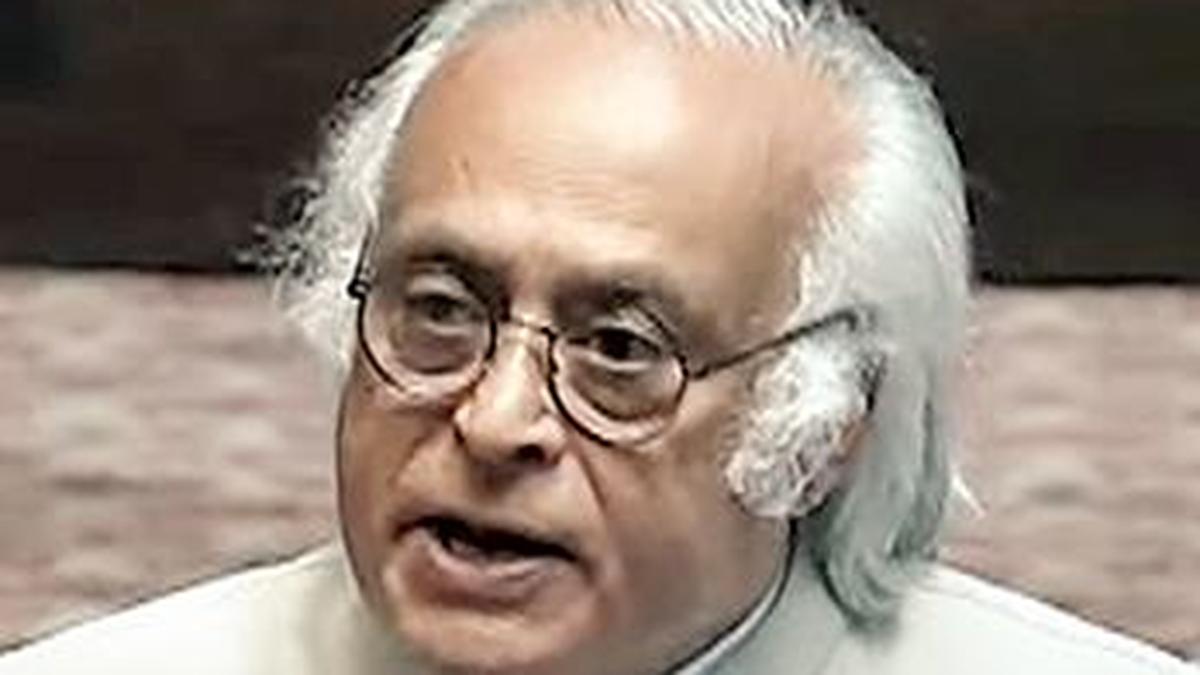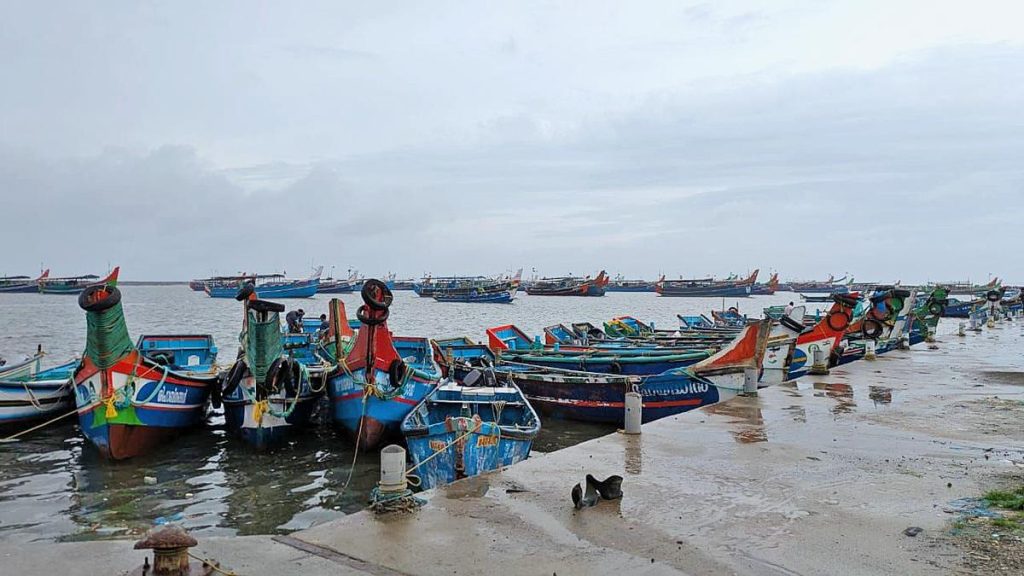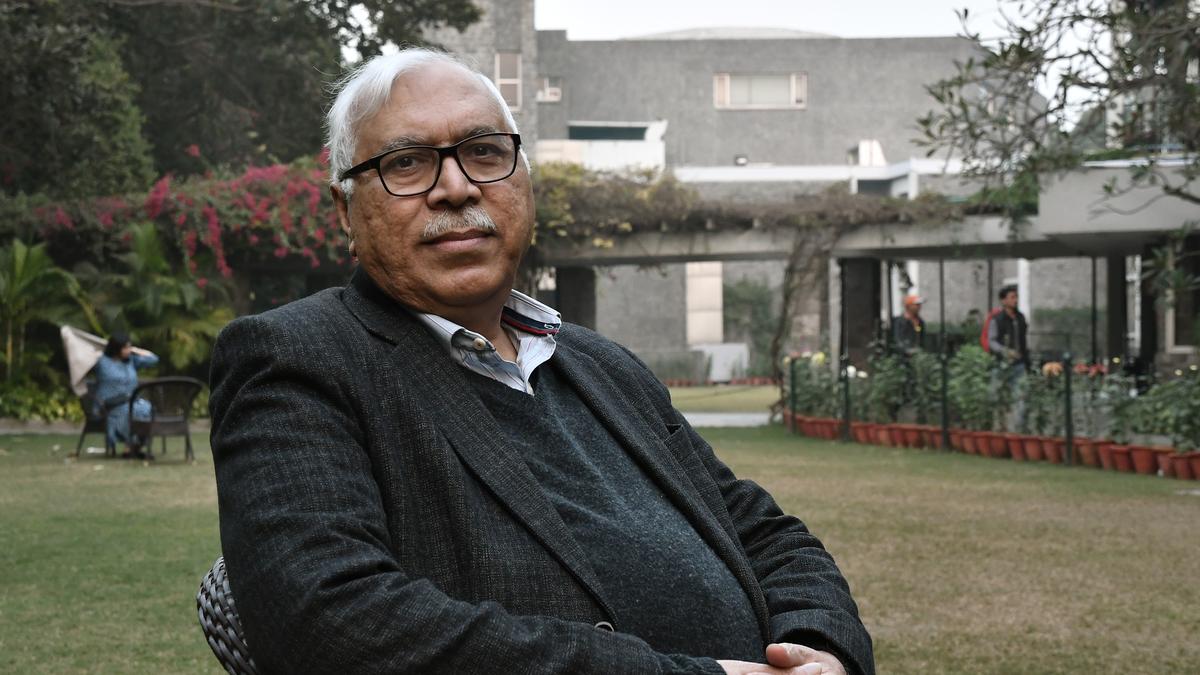Now Reading: Congress’ Jairam Ramesh Criticizes Push for Great Nicobar Project Amid Legal Hurdles
-
01
Congress’ Jairam Ramesh Criticizes Push for Great Nicobar Project Amid Legal Hurdles
Congress’ Jairam Ramesh Criticizes Push for Great Nicobar Project Amid Legal Hurdles

Quick Summary
- Congress general secretary Jairam Ramesh criticized the ₹72,000-crore Great Nicobar mega infrastructure project as an “ecological disaster” being forcefully implemented despite legal challenges and alleged violations of the Forest Rights Act, 2006.
- The Andaman and Nicobar Islands integrated Development Corporation continues inviting expressions of interest for activities such as tree felling and land marking related to the project.
- Environmental clearances granted by the Union government are under challenge in both the Calcutta High Court and the National Green Tribunal. Petitions include claims by retired IAS officer Meena Gupta that certification processes violated forest rights law.
- On September 8, 2025, after withdrawing from earlier legal proceedings in February 2025, the Union Ministry of Tribal Affairs requested a factual report from local authorities regarding complaints raised by tribal councils over non-compliance with forest rights regulations tied to this project.
- Galathea Bay has been declared a major port despite contested environmental clearances and ongoing legal scrutiny.
- Congress leaders Sonia Gandhi and Jairam Ramesh expressed concern about potential harm to indigenous tribes. Environment Minister Bhupendra Yadav defended the project as essential for India’s development.
Images:
read more: The Hindu
Indian Opinion Analysis
The great Nicobar mega infrastructure project reflects significant tensions between development priorities and ecological preservation in India’s sensitive biodiversity hotspots.Legal challenges indicate unresolved disputes regarding compliance with laws like the Forest Rights Act (2006), which aim to safeguard indigenous communities’ rights. Mixed responses from government entities-such as seeking factual reports after exiting litigation-suggest administrative ambivalence that could impact stakeholder trust.
From a developmental standpoint, projects of this scale can boost economic growth via trade facilitation (major ports) or improved connectivity; however, they risk displacing vulnerable tribal populations while potentially upsetting fragile ecosystems. Detailed hearings at judicial institutions are crucial in balancing ecological concerns against India’s strategic ambitions.
Coordination across ministries is necessary to clarify regulatory actions amidst ongoing disputes surrounding environmental clearances, community consent mechanisms, and allegations of procedural lapses raised by activists like Sonia Gandhi or scientists like Meena Gupta.
While critics emphasize ecological damage or threats to indigenous cultures posed by rushed implementations (“bulldozed”), defenders argue such projects are indispensable for national progress-highlighting India’s struggle between conservation ethics versus infrastructural expansion demands on sensitive lands.























